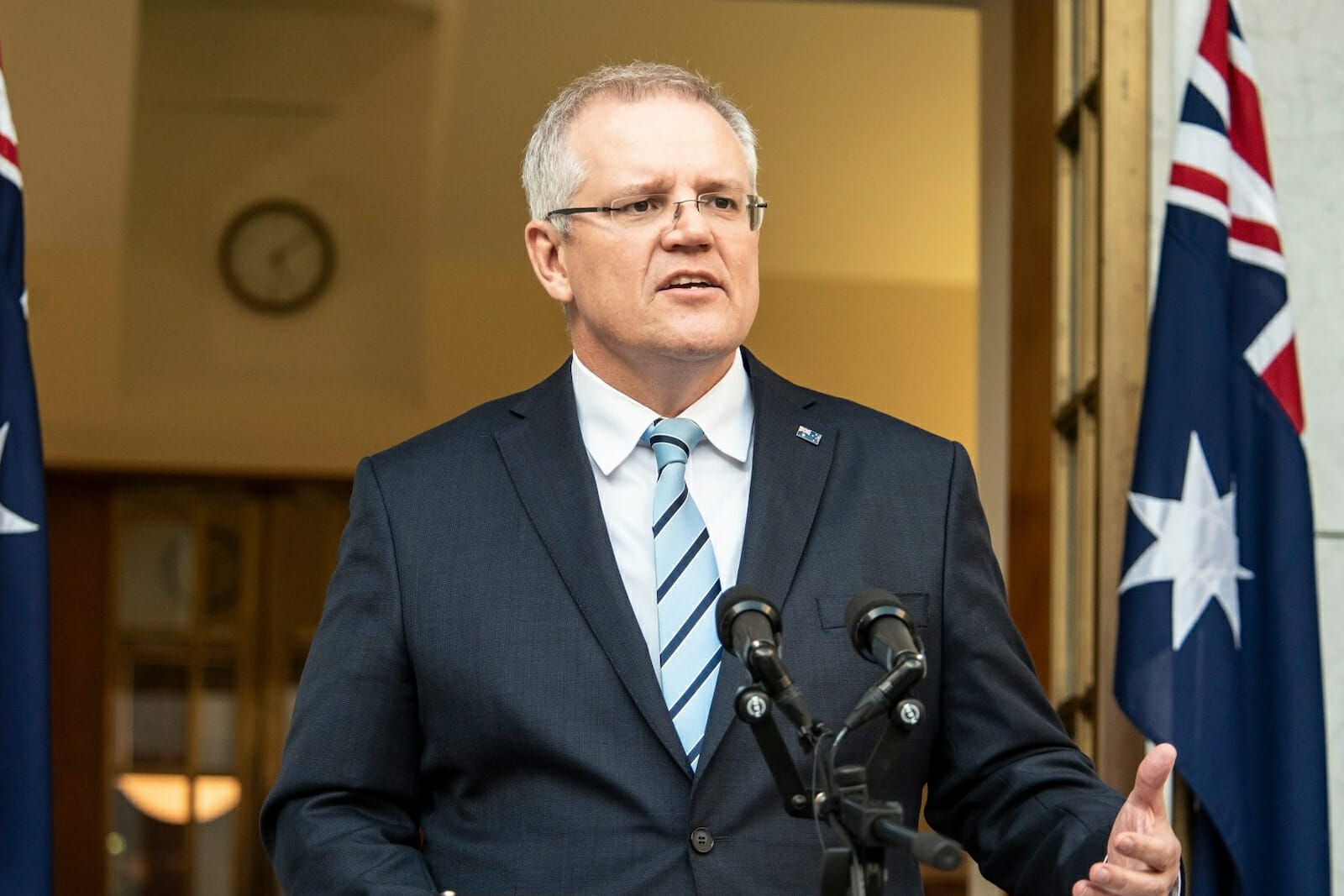
Having it All Ways: Scott Morrison’s Jerusalem ‘Compromise’
The pieces were already put in place during the Wentworth federal by-election, a hopeless, needless gambit that reduced the Coalition government’s majority whilst giving the outgoing Prime Minister Malcolm Turnbull a crack at some vengeance. His successor, Scott Morrison, decided to make himself a prisoner of policy in advance. That prison cell, it transpired, was Australian policy towards Israel and the thorny issue of recognising Jerusalem as its capital. In the colloquial words of opposition leader Bill Shorten, “I’m tempted to think it was a sort of rookie mistake by an L-Plate prime minister, but it is a little more serious than that.”
History is peppered with examples of impulsive leaders who insist with a priest’s dogmatism that a policy stance must be embraced, whatever the outcome. In the case of the US effort to defeat Japan during the Second World War, the language used was that of unconditional surrender. No exceptions, nothing. That, in turn, had been conceived in the murderous charnel house of the American Civil War (1861-5), one killing hundreds of thousands on an industrial scale that shocked observers and participants alike.
The massive shedding of blood encouraged General Ulysses S. Grant to accept nothing less than total, unqualified capitulation from the Confederate forces, a sentiment he first expressed in 1862. “No terms except unconditional and immediate surrender can be accepted,” came Grant’s cold message to the generals regarding the fate of 13,000 men at Fort Donelson. “I propose to move immediately upon your works.” Once out of the lamp, such words never return to it.
As Japan was facing defeat, its officials wondered in childish alarm: would the emperor be preserved in any post-war arrangements? Keeping the Mikado did, at least, provide some saving grace, an assurance that the foreign devil had not entirely conquered them. Left unanswered and unclear in US diplomatic communications, Japanese belligerence only concluded with the dropping of two atomic weapons on Hiroshima and Nagasaki. President Harry S. Truman, boxed by the mantra of unconditional surrender, felt no inclination to adjust it – nor could he, without committing electoral suicide.
Pity, then, that the straitjacket of unconditional policies must feature in one of the most contentious topics in international relations: the recognition of Jerusalem as Israel’s capital. Having been approved in Cabinet, and revealed to the media, the Australian prime minister had to find a means to accommodate it. The approach: split the city.
Morrison’s move was to seek an all-ways option, the buffoon convinced of a cleverness no one else sees. Israel’s claim, with most of is central legal and bureaucratic institutions already located in the west of the city, would be recognised as such. A future Palestinian capital, of whatever eviscerated homeland might be left, would be acknowledged in the eastern portion. Not only would he find himself in everybody’s good books with minimum effort, he could claim, rather disingenuously, on keeping the frail two-state solution alive.
Morrison has not given up a chance to remind us how counterfeit a character he is. Op-shop political prowess eschews reading and history; he is a masterfully ignorant practitioner who finds himself in the arms of Israeli Prime Minister Benjamin Netanyahu yet still keen to press the idea that international law is being observed. The point is a generally moot one, given that Israel claims exclusive sovereignty over all of Jerusalem. Whatever Australia decides on that front would be presumptuous and irrelevant: the cards remain with the powerful, leaving the Israelis “disappointed,” in the words of a senior official, “that the Australian government decided to only recognize West Jerusalem as Israel’s capital.”
In a meek nod to those observers of international law, Morrison has suggested that he would not request a physical relocation of the Australian embassy to West Jerusalem till matters had been sorted between the parties, happy, in the meantime, for a Trade and Defence Office to be established. Australia, he explained to members of the Sydney Institute, “look forward to moving our embassy to West Jerusalem when practical, in support of and after final status determination.”
What of the reaction? Nabil Shaath of the PLO advocates a firm stand against the Morrison government’s decision. “We’re asking the Arab world to include Australia in boycott measures.” He suggests hitting Australia where it hurts. “Saudi Arabia is the largest importer of live meat from Australia…I talked to the Saudis and said that ‘you should at least tell the Australians that means we are going to look for other [suppliers].”
Then comes the issue of a $16.5 billion worth trade deal with Indonesia, put on ice in the interim, but bound to be taken off it once anger dies down. (Indonesian officials are as concerned with the reaction of their own citizens as anything else.) In a generally tepid response, the Indonesian foreign ministry released a statement calling on “Australia and all member states of the UN to promptly recognise the State of Palestine and to cooperate towards the attainment of sustainable peace, and agreement between the state of Palestine and Israel based on the principle of a two-state solution.” Opposition party members in Indonesia, eyeing future elections, have been more insistent.
Such attitudes of indignation have a rich idealism that tends to flounder in political reality. Many Islamic states do not have the heart for aggressive economic measures when they see the chance for hard dollars. Their treasure troves are hardly endless. Besides, much yawning at the Palestinian issue has been taking place in recent years. Suffering, especially of others, eventually causes fatigue. Morrison’s crude formula is simple: budgets and bottom lines will hopefully count over rage and principle.

